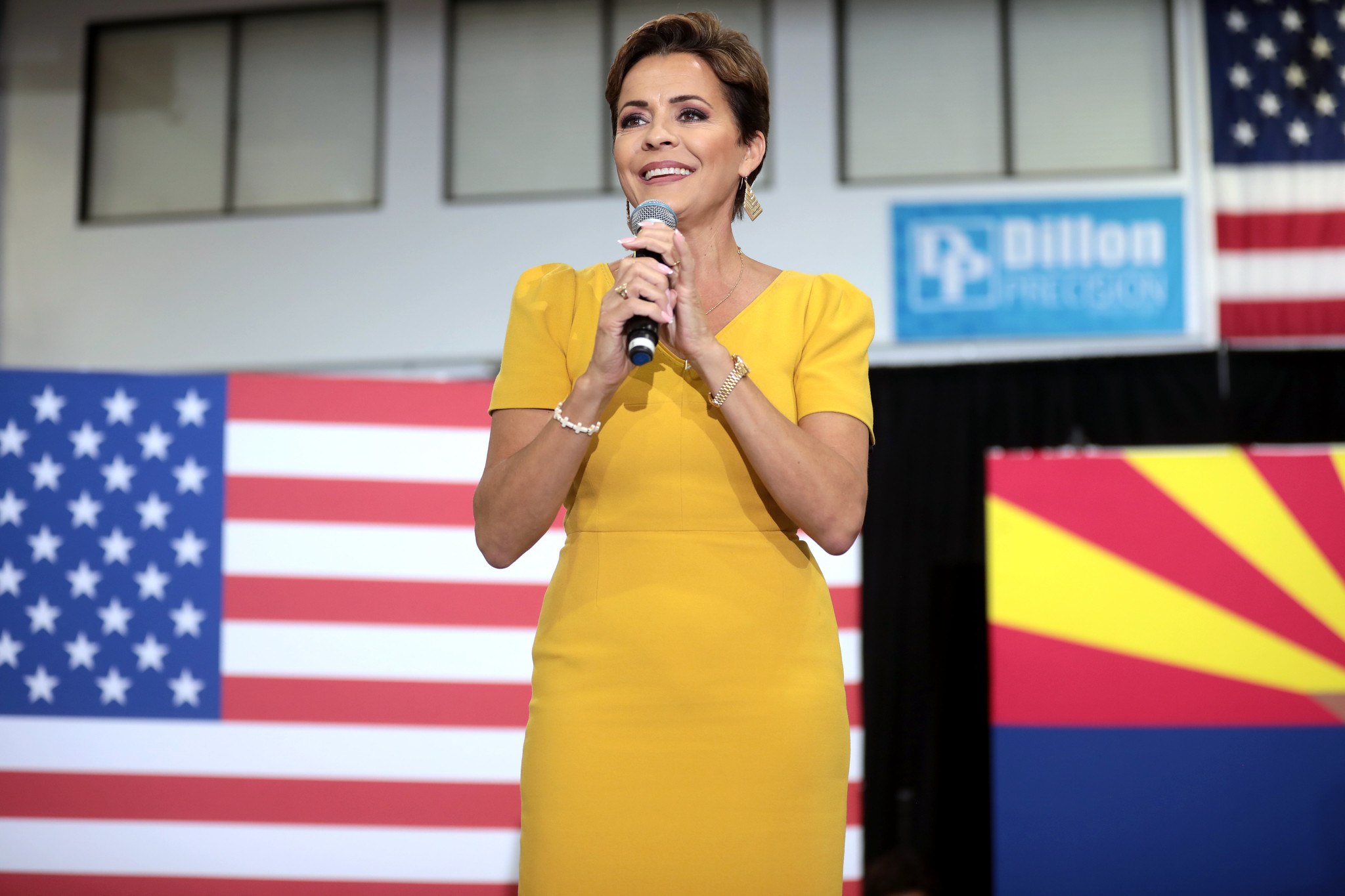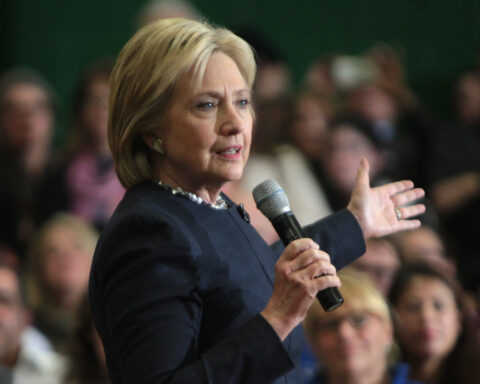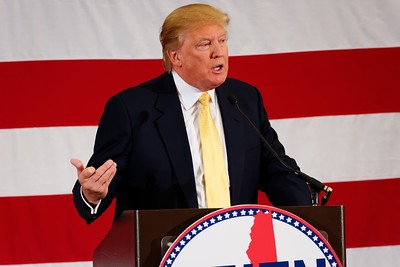Arizona’s primary elections on Tuesday night showcased the enduring influence of former President Donald Trump within the state’s Republican Party.
In the marquee races, Representative Ruben Gallego (D-AZ.) and Republican Kari Lake emerged as their parties’ Senate nominees. This sets the stage for a highly anticipated general election clash.
Lake is a strong Trump ally who refused to concede her 2022 gubernatorial defeat.
Several other contested primaries provided a glimpse of the dynamics at play as voters prepare for the November elections.
Abe Hamadeh, a former attorney general candidate who has consistently claimed the 2020 election was “rigged” and that Trump won Arizona, led his GOP rival Blake Masters, another Trump ally, by 30 percent to 23 percent at the time of publication.
Former state Rep. Mark Finchem, who has similarly made claims about the 2020 election, was leading his next GOP rival 45 percent to 37 percent with 60 percent of the estimated vote reported as of Wednesday morning.
In a surprising twist, Maricopa County Recorder Stephen Richer, a prominent election official who has pushed back against election fraud claims, was trailing one of his hardline GOP primary challengers.
But the focus will remain on Gallego and Lake as November approaches.
In response to Lake’s win, the Senate Democrats’ campaign arm quickly launched a digital ad describing her as “a power-hungry liar”.
On the other side, Sen. Steve Daines (R-Mont.), chair of the GOP campaign arm, congratulated Lake on her primary win and called Gallego “one of the most radical Democrats in the country.”
Aggregated polling data from DDHQ shows Gallego leading Lake 47 percent to 43 percent. The Cook Political Report rates the race as “lean Democrat.”
Lake’s win was decisive, but rival Mark Lamb still took a large percentage of the vote. She will need to work to secure their vote in the general election.
She has attempted to court the McCain-faction of the Republican Party after alienating them during her 2022 gubernatorial run, but many remain skeptical of her candidacy.
Tuesday’s primary also emphasized Arizona’s notoriously slow ballot counting process.
As of early Wednesday morning, many races were still too close to call. A newly enacted law altering how mail-in ballots are verified contributed to the delays, causing confusion among election officials.
This drawn-out counting process offers a preview of what might unfold in November.
If Arizona’s results are pivotal in determining control of the White House or the Senate, it could take several days to finalize the outcomes, adding to the tension and uncertainty of the election.









